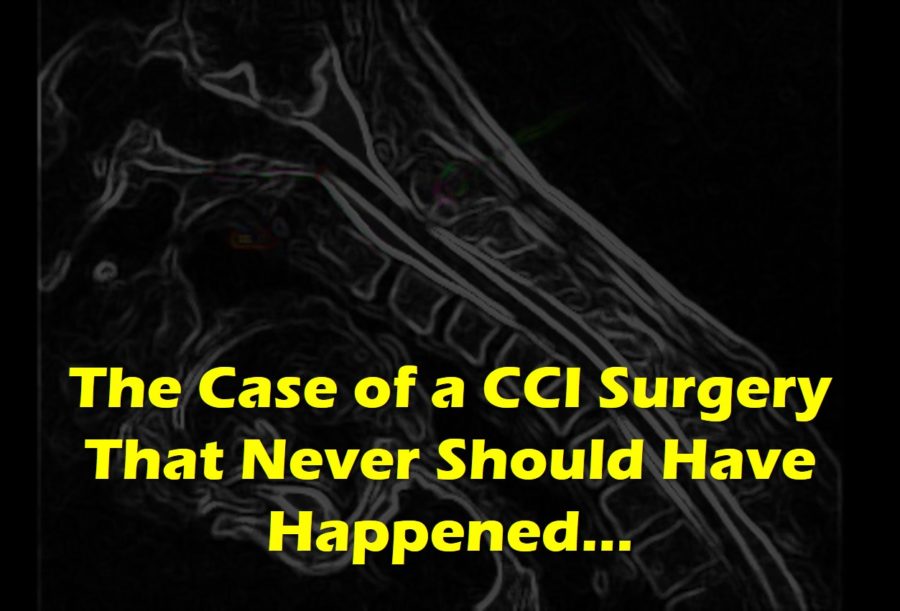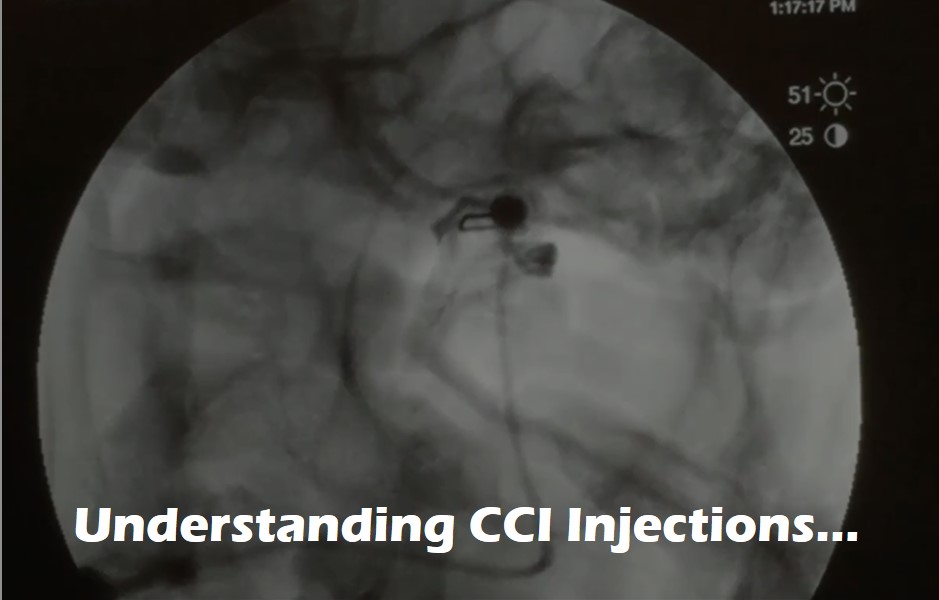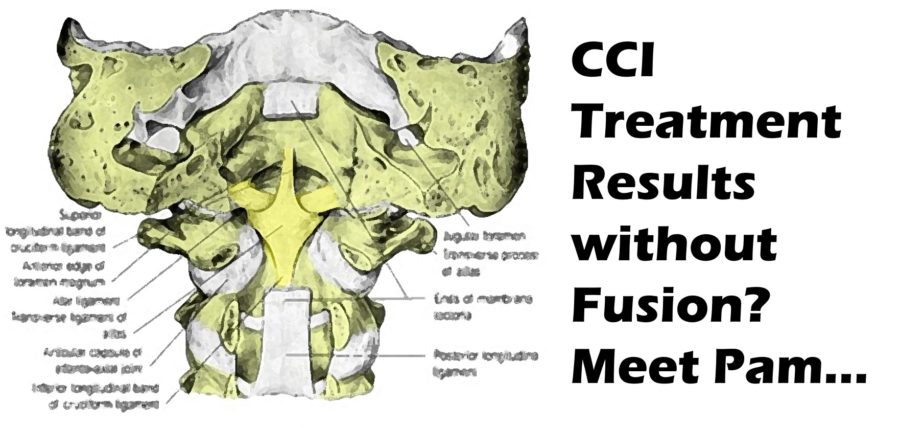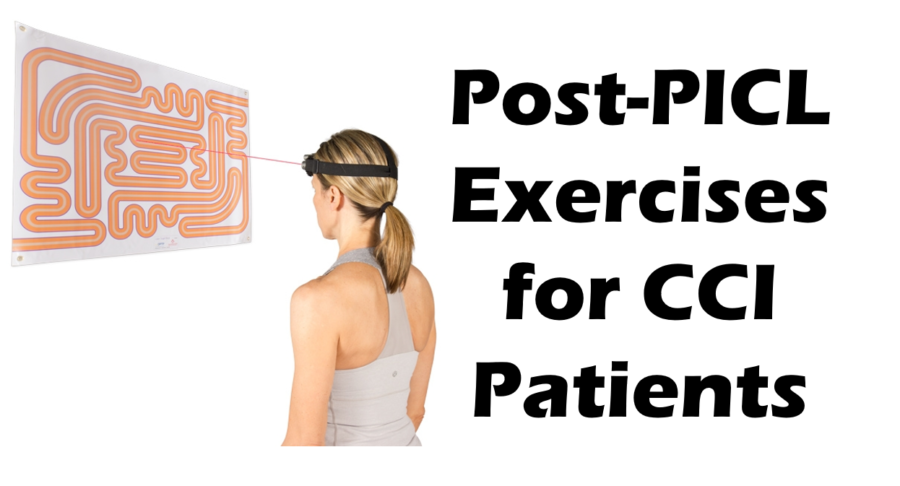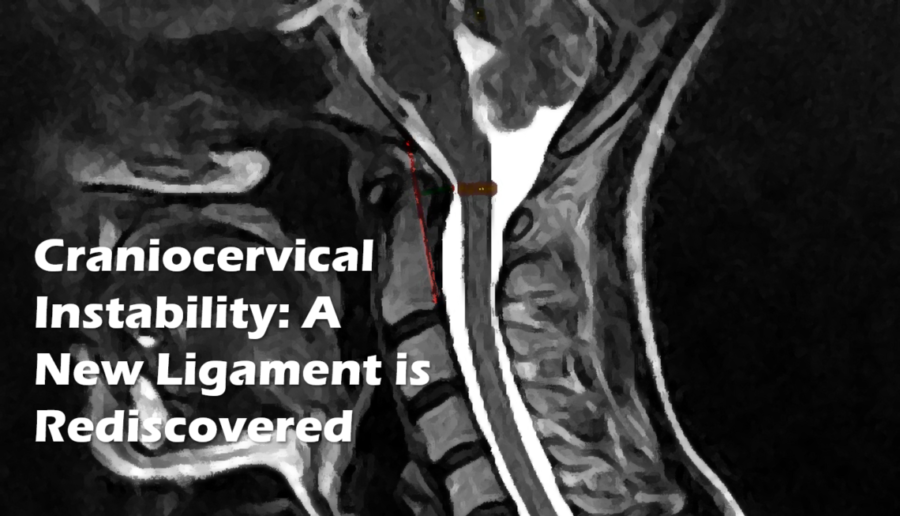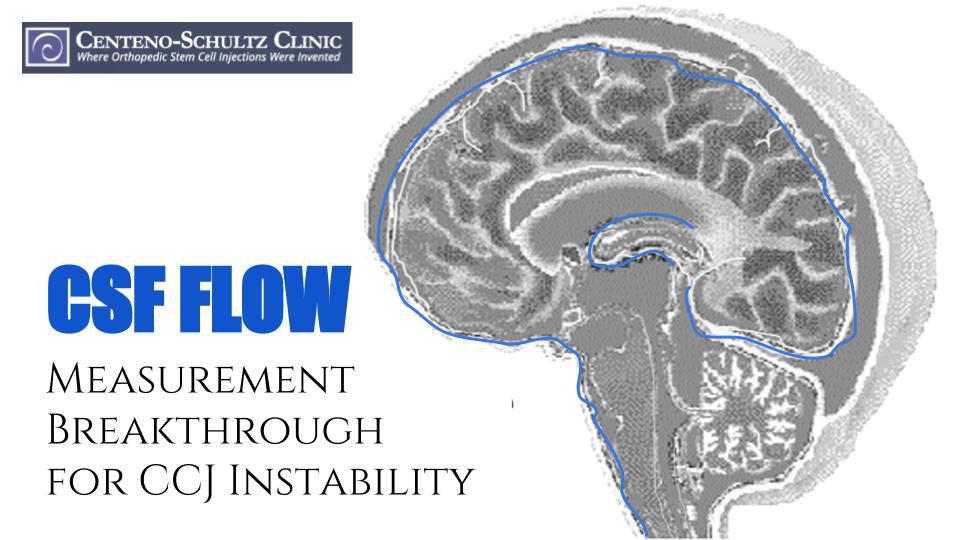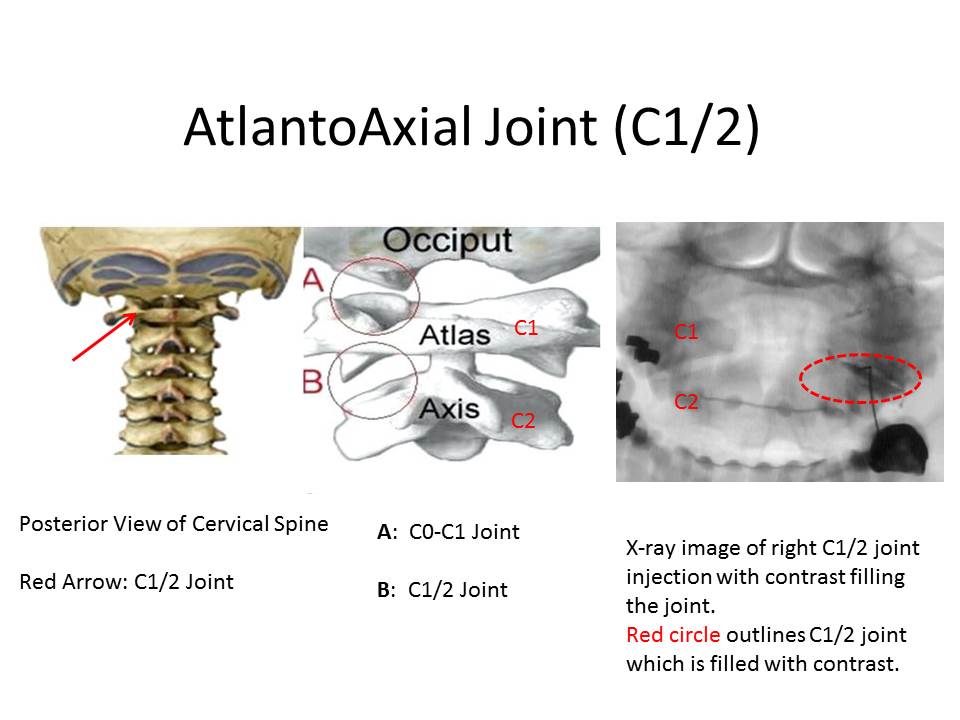The Craniocervical Instability Specialist – Episode 7 CCI Series
I have seen CCI patients from all over the world for decades, so I am a craniocervical instability specialist. This morning I’d like to review the case of an EDS patient who never should have had upper neck fusion surgery. Why? To help CCI patients understand what to avoid. EDS and CCI Some of the … Continued
